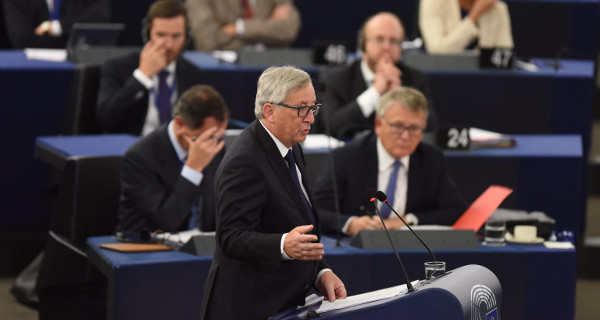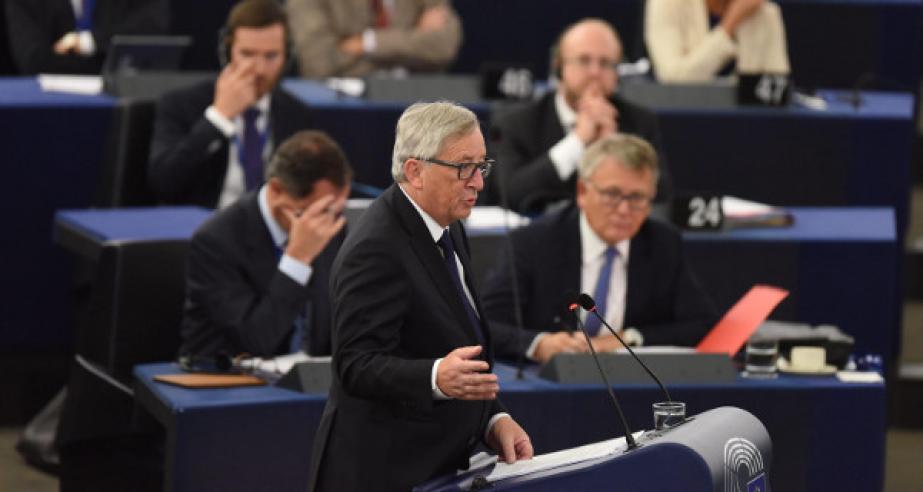External borders and internal divisions of Europe: Policies and politics of migration
 Three years after Europe’s “migration crisis”, we are no longer facing a crisis of numbers, but a crisis
of intra-EU solidarity and trust, with implications for both policies and politics of migration. At the
policy level, the Commission pushes for piecemeal reform before the end of its term, on asylum,
control of external borders, and return. Yet, political will to find compromise as to address the
deficiencies of the EU's migration and asylum system continues to erode. Looking beyond the
governance crisis, what is the actual migratory situation at the EU’s Southern borders? What are the
major challenges? How effectively can partial reform respond to these challenges? Which prospects
are there for policy reform before and after the European Parliament elections? At the political level,
we witness increasing polarisation over what constitutes an appropriate response to migration.
Populist-nationalist forces, mainly led by Orbán and Salvini, have become particularly vocal on
migration as part of their preparation for the European campaign, promoting a pan-European alliance
to completely block migration to the Union. Yet, despite the converging ways in which these actors
politicise migration, their interests regarding the management of migration and asylum in Europe
diverge considerably. How stable is this alliance? What are the consequences of its rise for Europe?
How can progressive forces counterbalance populist narratives, politics, and policies on migration?
On the eve of the European Parliament elections, the conference co-organised by the Friedrich Ebert
Stiftung and Istituto Affari Internazionali(IAI) aims to foster debate on European migration and asylum
governance by approaching it both as a policy issue and a political question.
Three years after Europe’s “migration crisis”, we are no longer facing a crisis of numbers, but a crisis
of intra-EU solidarity and trust, with implications for both policies and politics of migration. At the
policy level, the Commission pushes for piecemeal reform before the end of its term, on asylum,
control of external borders, and return. Yet, political will to find compromise as to address the
deficiencies of the EU's migration and asylum system continues to erode. Looking beyond the
governance crisis, what is the actual migratory situation at the EU’s Southern borders? What are the
major challenges? How effectively can partial reform respond to these challenges? Which prospects
are there for policy reform before and after the European Parliament elections? At the political level,
we witness increasing polarisation over what constitutes an appropriate response to migration.
Populist-nationalist forces, mainly led by Orbán and Salvini, have become particularly vocal on
migration as part of their preparation for the European campaign, promoting a pan-European alliance
to completely block migration to the Union. Yet, despite the converging ways in which these actors
politicise migration, their interests regarding the management of migration and asylum in Europe
diverge considerably. How stable is this alliance? What are the consequences of its rise for Europe?
How can progressive forces counterbalance populist narratives, politics, and policies on migration?
On the eve of the European Parliament elections, the conference co-organised by the Friedrich Ebert
Stiftung and Istituto Affari Internazionali(IAI) aims to foster debate on European migration and asylum
governance by approaching it both as a policy issue and a political question.

